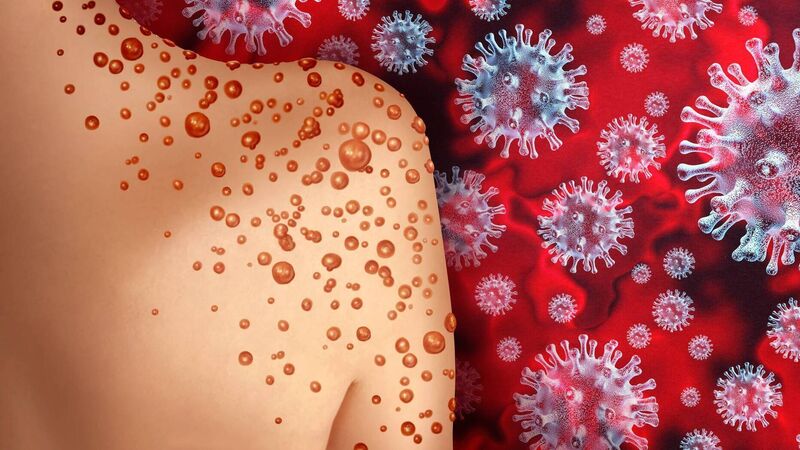Cork professor says monkeypox should be a wake-up call

The call comes as the Health Protection Surveillance Centre (HPSC) has now reported nine confirmed cases of monkeypox in Ireland. All cases are male and aged between 30 and 50 years (the median age is 37 years).
A UCC professor is calling for additional funding for virology research as he calls monkeypox ‘a wake-up call’ for Governments to invest heavily in becoming ‘pandemic prepared’ for the years ahead.
The call comes as the Health Protection Surveillance Centre (HPSC) has now reported nine confirmed cases of monkeypox in Ireland. All cases are male and aged between 30 and 50 years (the median age is 37 years).
For each case, Public Health is following up with those who had close contact with the cases while they were infectious.
Public health risk assessments have been undertaken, and those who were in contact with the cases are being advised on what to do in the event that they become ill.
The Director of the molecular virology diagnostic and research laboratory at the Department of Medicine at UCC, Professor Liam Fanning said between now and 2070 the world will see at least 2,000 new diseases.
“As we encroach on nature, we must expect to find more infectious diseases. We are a global family now, and diseases spread easily from place to place.”
In terms of monkeypox, Prof Fanning said the current cluster of monkeypox in Ireland is the West African variant, with this variant, most people are fine, just headaches, muscle aches, fever, and acne spots.
The spots (pustules) are infectious, but we are fortunate that they are visible.
The infectious period is 21 days and monkeypox survives well in the environment outside of the host, which is why it can be on clothes, bed sheets, etc, but it is not transmitted through respiratory droplets, it is transmitted through skin-to-skin contact.”
Prof Fanning said if people infected by the disease follow the public health protocols and isolate, the outbreak is containable.
“The real issue is if the disease makes its way into a susceptible wildlife host, like a rat, gerbil, or hamster.
If it gets into rodents, it will be impossible to eliminate, we are never too far away from rodents. It is a vulnerability we are aware of.
“If the disease is passed on to a wildlife host it could become endemic and there will be periodic outbreaks, but we can guard against it if we take appropriate measures.”
Discussing what is available in terms of information about monkeypox, Prof Fanning said there are a lot of unknowns.
“Research investment into the disease is very poor. Governments around the world from Africa, to the Arctic to Australia to Ireland need to invest more into virology research.”
Prof Fanning said, in terms of the Covid pandemic, it was “relatively benign.”
“The fatality rate was low, if the virus had a higher fatality rate, we would have been in serious trouble.”










 App?
App?


